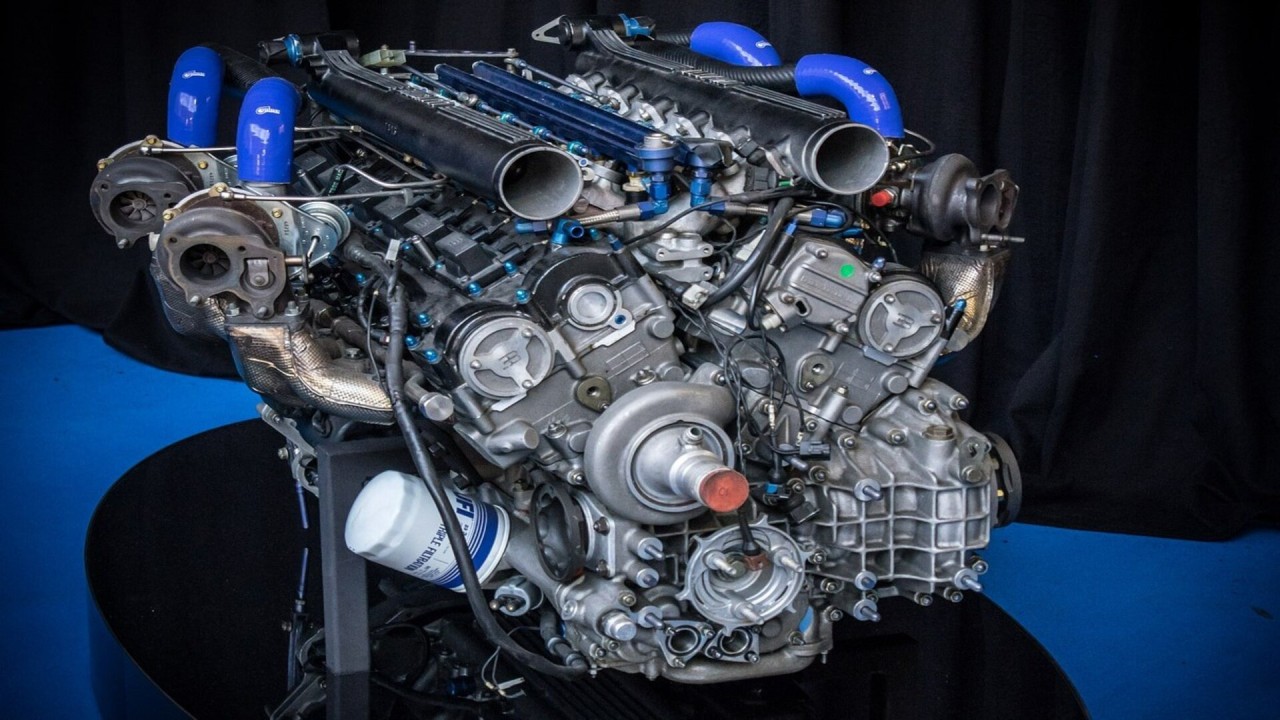Why Organizations Prefer Engines For Africa for Their Fleet
Why Organizations Prefer Engines For Africa for Their Fleet
Blog Article
Discover a Variety of Engines for Every Lorry and Objective
The automotive landscape is significantly complex, with a varied selection of engine types made to fulfill details efficiency and performance requirements throughout numerous vehicle categories. Additionally, durable engines offer the requirements of work lorries, while green alternatives are getting traction in the search of lasting transport.
Types of Automotive Engines
Automotive engines can be categorized right into numerous distinctive types, each designed to meet specific performance and efficiency needs. The most typical classifications consist of inner burning engines, electrical engines, and hybrid systems.

Electric engines, on the other hand, operate electrical power saved in batteries, giving instant torque and absolutely no discharges. These engines are becoming progressively preferred because of improvements in battery technology and the expanding focus on sustainability.
Crossbreed systems integrate both inner burning and electrical engines, making it possible for automobiles to optimize gas effectiveness and lower emissions by seamlessly switching between source of power. Each engine kind presents its negative aspects and benefits, affecting aspects such as vehicle design, meant use, and market need. When selecting the suitable engine for their particular requirements., comprehending these distinctions is crucial for manufacturers and customers alike.
Performance Engines for Sports Cars
Efficiency engines for sporting activities autos are particularly engineered to deliver improved rate, power, and agility, establishing them aside from standard auto engines. These engines often utilize sophisticated innovations such as turbocharging, supercharging, and variable valve timing to make the most of performance and responsiveness.
Usually, performance engines are created with higher compression ratios, which permit higher energy extraction from gas. This results in excellent horse power and torque figures, enabling rapid acceleration and higher full throttle. Moreover, the lightweight materials used in these engines, such as aluminum and carbon fiber, add to minimized general car weight, enhancing handling and ability to move.
Engine arrangements like V6, V8, and also hybrid systems prevail in performance cars, each offering distinct benefits in regards to power delivery and driving characteristics. The tuning of these engines is also important; numerous producers enhance the engine administration systems to give an exciting driving experience, commonly consisting of sporting activity settings that readjust throttle feedback and equipment shifts.
Reliable Engines for Daily Commuters
In the realm of daily travelling, efficient engines play a crucial function in enhancing fuel economic situation and decreasing discharges while giving trusted efficiency. As city populations grow and environmental worries heighten, the demand for lorries geared up with efficient powertrains has surged.
Modern engines created for everyday travelers usually include modern technologies such as turbocharging, straight fuel shot, and crossbreed systems. Turbocharging boosts engine effectiveness forcibly more air right into the burning chamber, allowing for smaller, lighter engines that do not jeopardize power result. Straight fuel injection boosts fuel atomization, bring about much better burning and enhanced performance.
Hybrid engines, integrating interior burning with electric power, further boost fuel economic situation, especially in stop-and-go traffic, where conventional click for more engines can deal with ineffectiveness. Electric electric motors aid throughout velocity and can operate individually at low rates, decreasing general gas consumption.
Additionally, developments in engine administration systems and light-weight materials contribute significantly to reliable engine style. By focusing on performance, toughness, and environmental sustainability, manufacturers continue to provide engines that not only satisfy the needs of daily travelling yet likewise straighten with international efforts to minimize carbon impacts.
Heavy-Duty Engines for Work Cars
Sturdy engines for work automobiles are consistently crafted to deliver remarkable torque and dependability under demanding problems. These engines are created to do in environments where standard engines may fail, such as construction websites, logging operations, and agricultural settings. The primary emphasis of heavy-duty engines is their ability to produce high levels of power while maintaining longevity over prolonged durations of procedure.
Usually, durable engines utilize advanced products and robust building techniques to hold up against the rigors of heavy work. Features such as enhanced cyndrical tube blocks, improved air conditioning systems, and advanced gas shot technologies add to their efficiency. These engines usually operate at lower RPMs, which helps to maximize gas effectiveness while giving the needed power for hauling and transporting.
In addition to mechanical robustness, heavy-duty engines are frequently furnished with sophisticated electronic control systems (ECUs) that manage performance, emissions, and diagnostics. This combination allows for far better surveillance and maintenance, making certain that job vehicles continue to be functional and reliable.
Inevitably, heavy-duty engines are a necessary part in the performance of various sectors, offering the needed power and dependability to take on the most difficult of jobs.
Eco-Friendly Engine Options
The growing emphasis on sustainability has caused the growth of environmentally friendly engine alternatives that prioritize decreased exhausts and enhanced gas efficiency. These engines are designed to reduce the ecological impact of cars while still supplying the performance and integrity expected by consumers.
Amongst the most notable eco-friendly alternatives are electric and hybrid engines. Crossbreed engines combine typical interior combustion engines with electric propulsion, permitting reduced gas intake and lower greenhouse gas exhausts. Electric engines, on the other hand, run completely on battery power, producing absolutely no tailpipe discharges and adding to cleaner air quality.
One more promising development is the advancement of biofuel engines, which use renewable sources, such as plant materials, to power automobiles (Engines For Africa). By utilizing biofuels, these engines can minimize reliance on nonrenewable fuel sources and reduced total carbon impacts

As the automotive market evolves, environment-friendly engine alternatives will play a critical role in driving the shift in my company the direction of more sustainable transportation options.
Final Thought
From high-performance engines that boost sports vehicle capacities to reliable designs prioritizing gas economy for daily commuters, each kind offers a certain function. Heavy-duty engines cater to durable work lorries, while environmentally friendly alternatives, such as electric and biofuel engines, promote lasting transportation.

Report this page